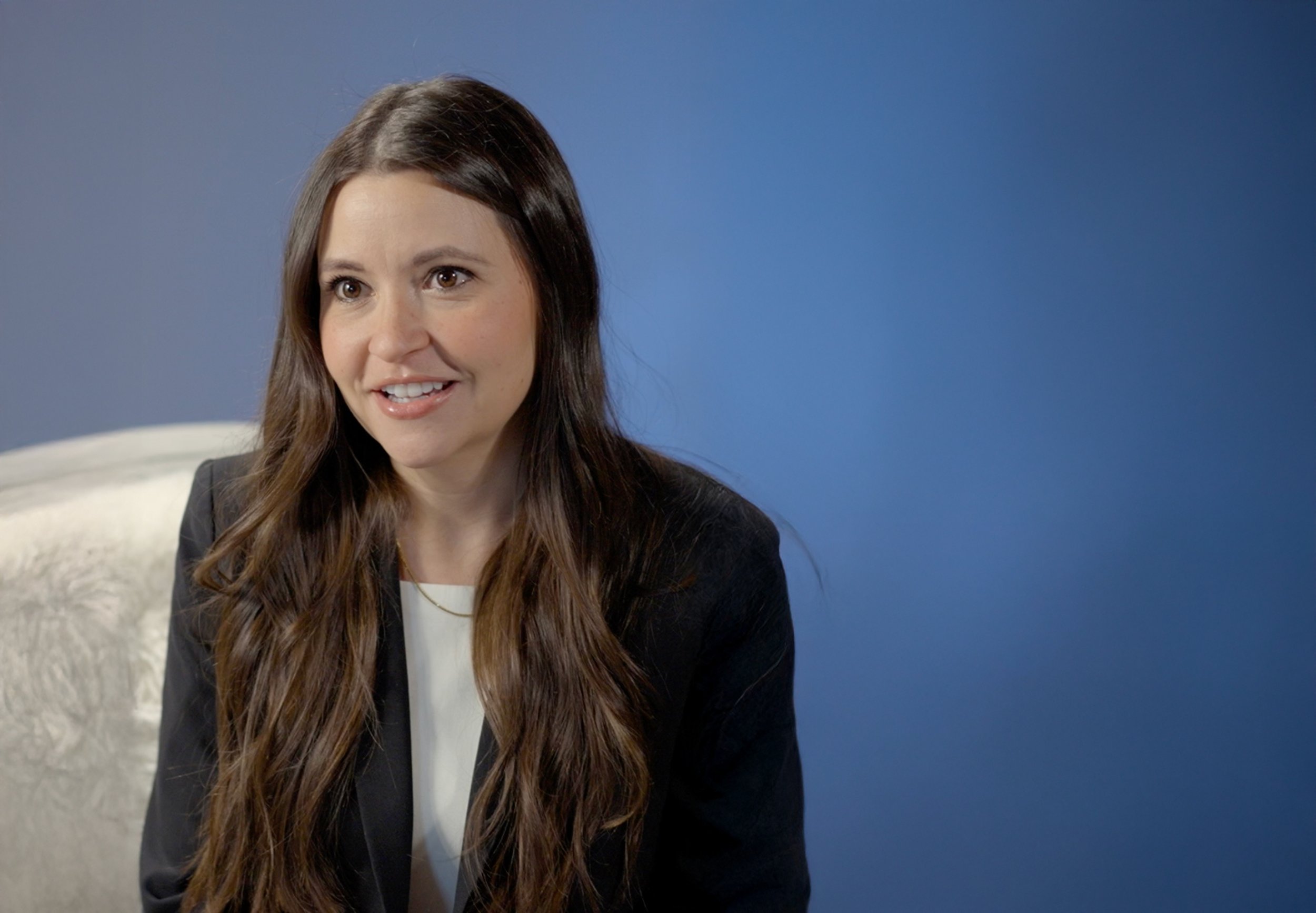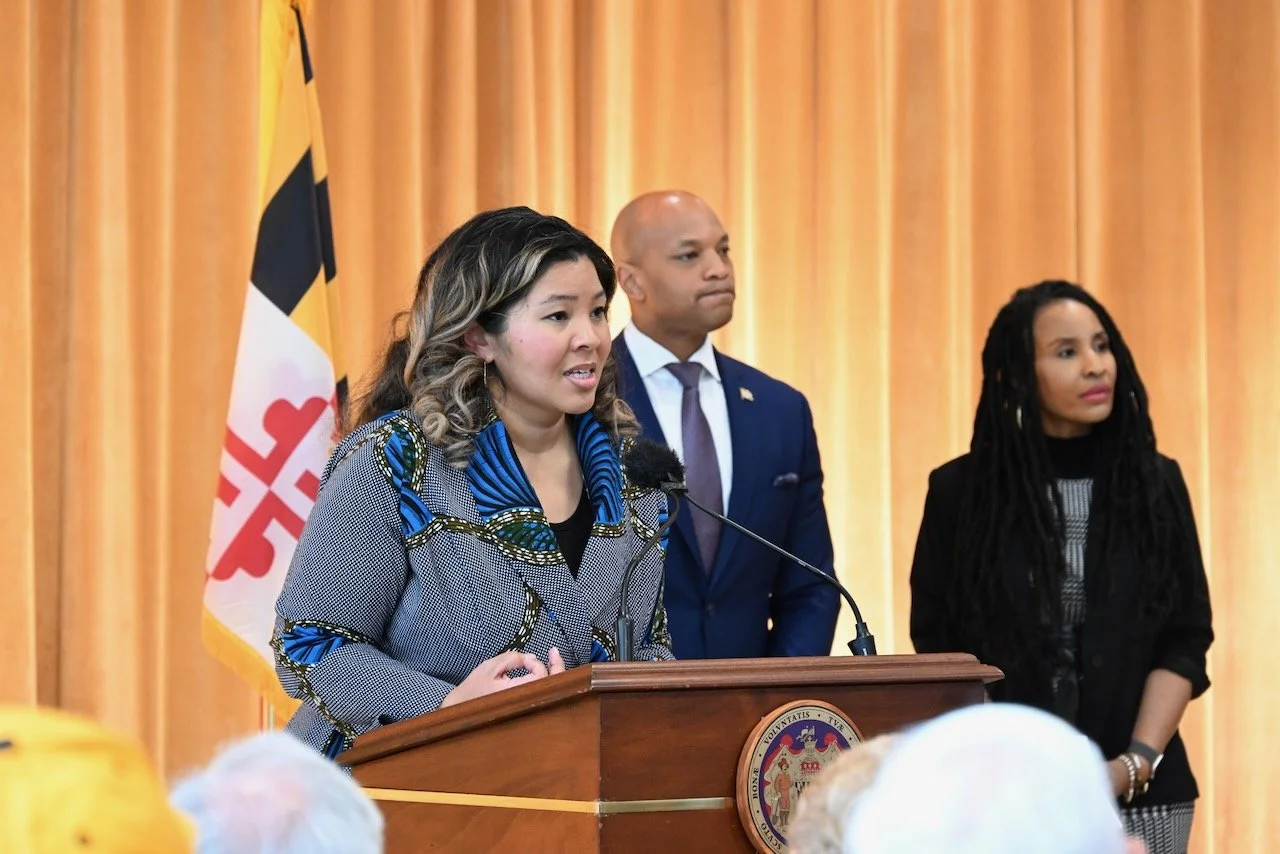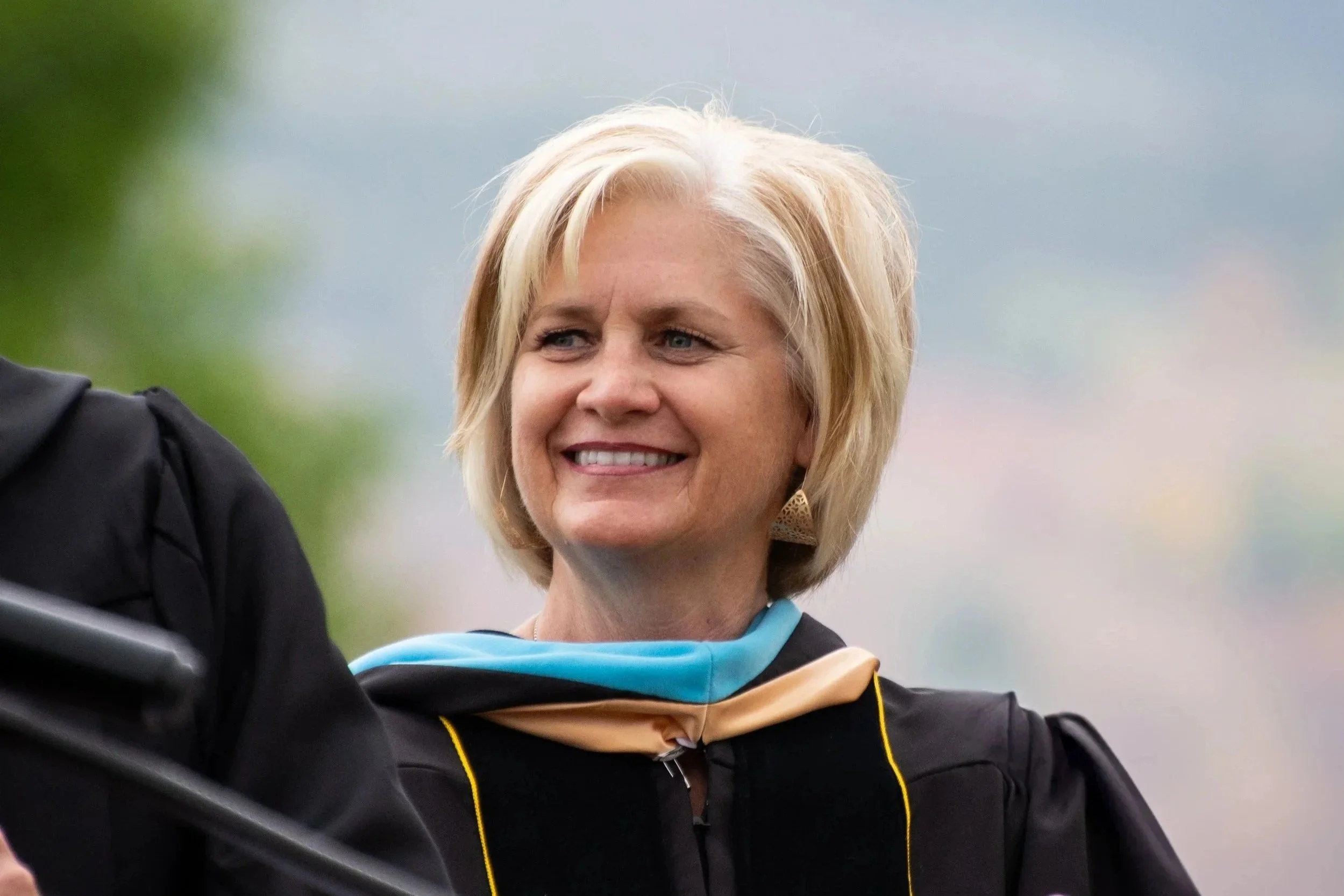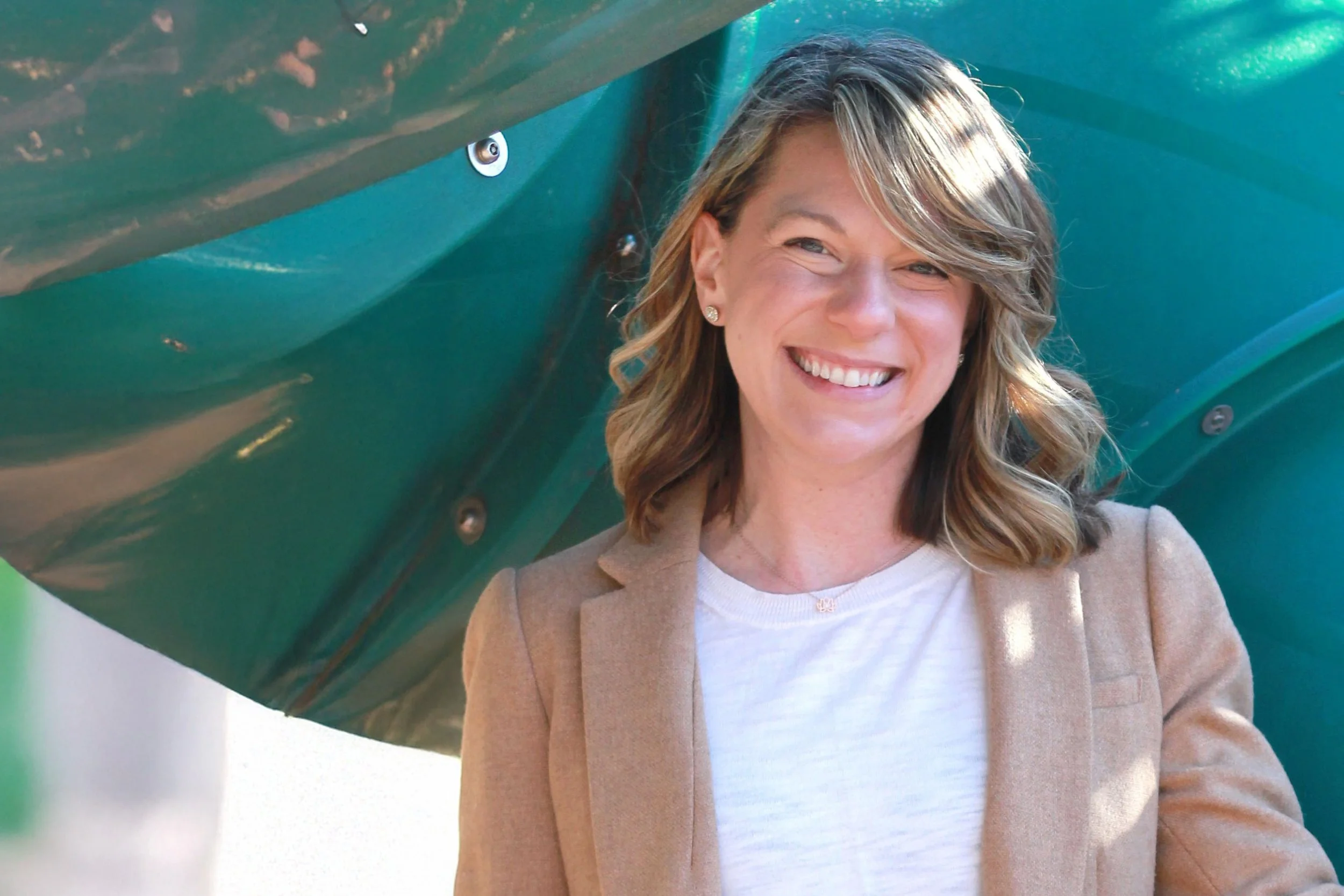Kristen Collins is reimagining the American food system
By Tamara Chapman
Kristen Collins, CEO and co-founder of the Colorado Food Cluster (CFC), learned an important life lesson while in kindergarten in California. Little did she know, that lesson would help shape her career.
“I grew up very low income,” she recalls. “Raised by a single mom. Native American. There was a lot of trauma in my childhood. But it wasn’t until kindergarten that I realized I was poor. During lunch, we were lined up, single file. And they said, ‘Ok, if you brought your lunch, you’re here; if you’re paying for lunch, you’re here; if you’re not paying, you’re in this line.’ The kids who brought their lunch went into the cafeteria first, the kids who paid for their lunch went second, and we were last. That was the first time I realized that people, based on income, are treated differently.”
Today, as leader of a nonprofit organization that offers a host of programs addressing food insecurity and food access, she is motivated to fight the stigma associated with her place in the cafeteria line. It’s the same stigma people feel when they visit a food bank or utilize government assistance to buy groceries. Stigma, she says, robs people of dignity and stymies their economic mobility.
To remedy that, and to expand access to nutritious foods, Collins and the CFC recently launched an innovative initiative that brings public, private, and philanthropic entities together to reimagine the American food system. Collins explains it as a food trust or a universal basic food program (UBF). She said: “It’s somewhat similar to universal basic income in that everyone is eligible. But the big difference is that UBF will not rely on new tax initiatives to sustain.”
The 12-month pilot program, now underway in Denver and Del Norte, Colorado, was funded initially by an $800,000 grant from the Morgridge Family Foundation. It has since been supplemented with congressionally directed spending from the office of Colorado Sen. John Hickenlooper.
Here’s how it works: Participants visit a partnering grocery store to enjoy full discounts on a core group of nutrient-dense—and often costly—items, everything from fresh berries to protein-rich meats. Thanks to specially designed point-of-sale technology, these discounts are applied at the register without other customers noticing. The savings can be significant, freeing funds for prescription medications or school supplies, or even rent. For example, on a recent shopping expedition at a Denver Save A Lot store, a $73.31 bill shrank to $19.76 when the program discounts were applied.
The end result? Participants benefit from the abundance of nutritious foods. And the financial relief, Collins adds, could well improve their mental health. “It could change lives.”
Clearly, Collins thinks holistically. If Day One in kindergarten raised her awareness about food and stigma, the rest of her educational and career trajectory whetted her appetite for making change. As an undergraduate at California State University San Marcos, she majored in political science and government. She also ventured to Australia, where “I got to study different aboriginal cultures and saw a lot of similarities between the aboriginal populations and the Native American populations and the stigma that they still face today. I wanted to know more. Why, internationally, are so many indigenous populations still considered less than?”
That question led her to the University of Denver to pursue a master’s degree in international and global studies. Subsequent jobs with Denver Public Schools (DPS) and the Colorado Department of Education taught her about how state and federal programs are authorized, administered, evaluated, and reauthorized. While absorbing these lessons, she also saw how progress was often thwarted by aversion to risk and wariness of innovation—what she calls “the culture of ‘this is how these funds have always been spent; this is how it has always been done.’”
In the face of persistent naysaying, Collins was determined to innovate and experiment. An opportunity to do so surfaced in spring 2020, when the coronavirus closed schools and sent students home for remote learning. In the ensuing chaos, many of those students lost access to free lunches. Determined to ensure they didn’t miss out, Collins and a former DPS colleague dreamed up the idea of delivering meals to students in their homes. They partnered with Denver Food Rescue, which served up to 12,000 kids every week, and created the Colorado Food Cluster to expand the program beyond the metro area. Today, CFC’s slate of initiatives includes a summer program delivering free meals to eligible students in far-flung rural areas.
Looking back at the CFC’s launch and development, Collins summarizes the whirlwind this way: “When there is chaos, out comes opportunity.”
Given her can-do spirit and disdain for it-can’t-be-done thinking, it’s no wonder the Morgridge Family Foundation asked Collins to bring the universal basic food program to life. And it’s no wonder that, in March, in recognition of her knack for propelling change, the Denver Business Journal named her to its 2024 40 Under 40 list of movers and shakers.
“Tell me no, and I’ll show you that I can do it,” Collins says. I’ll prove you wrong.”
Learn more about the Colorado Food Cluster




